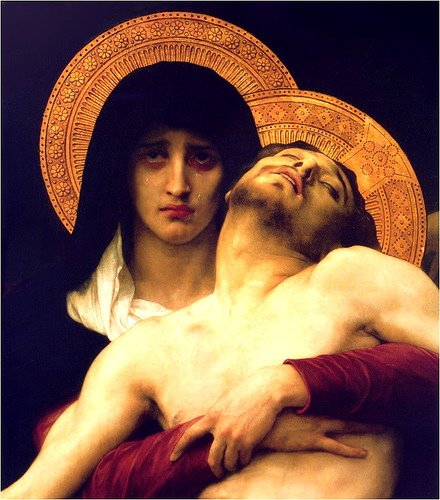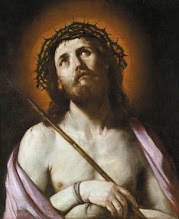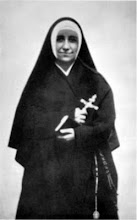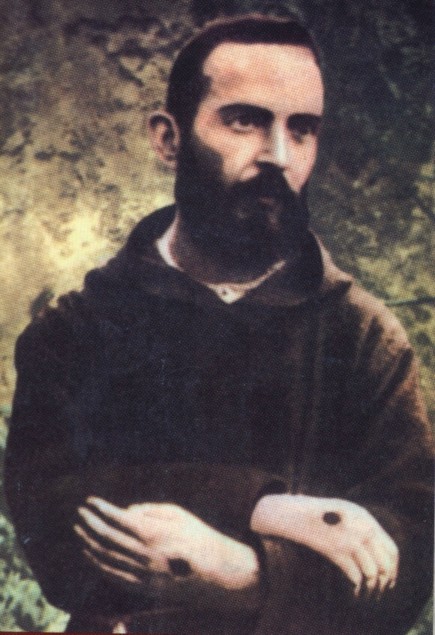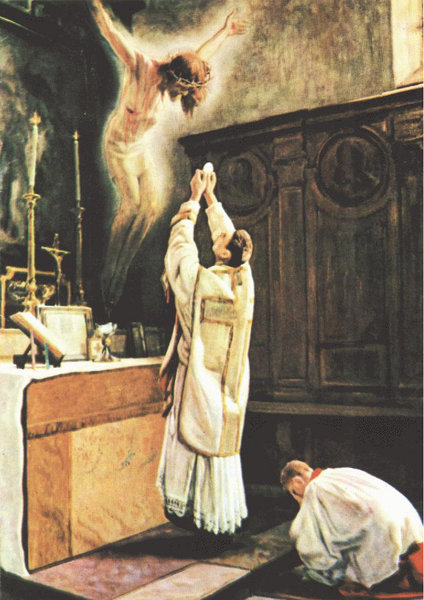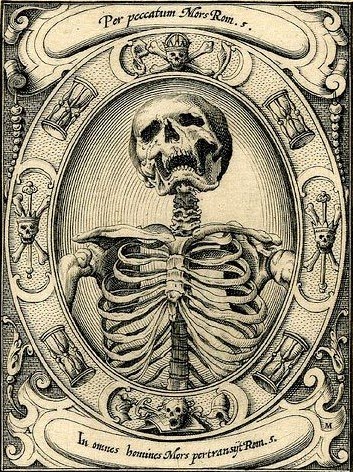FEBRUARY.
1. He who wishes to be wise without the true Wisdom, or saved without the Saviour, is not well, but sick - is not wise, but a fool.
2. Devotion to the Blessed Virgin is actually necessary, because there is no better means of obtaining God’s graces than through His most holy mother.
3. A man should force himself to be obedient, even in little things which appear of no moment; because he will thus render the practice of obedience in great matters easy to himself.
4. He who always acts under obedience, may rest assured that he will not have to give an account of his actions to God.
5. Perfection does not consist in such outward things as shedding tears and the like, but in true and solid virtues.
6. Tears are no sign that a man is in the grace of God, neither must we infer that one who weeps when he speaks of holy and devout things necessarily leads a holy life.
7. Cheerfulness strengthens the heart and makes us persevere in a good life; wherefore the servant of God ought always to be in good spirits.
8. When a man is freed from a temptation or any other distress, let him take great care to show fitting gratitude to God for the benefit he has received.
9. We must accept the adversities which God sends us without reasoning too much upon them, and we must take for granted that it is the best thing which could happen to us.
10. We must always remember that God does everything well, although we may not see the reason of what He does.
11. Every one ought to give in readily to the opinion of another, and to argue in favour of another and against himself, and take things in good part.
12. There is nothing more to the purpose for exciting a spirit of prayer, than the reading of spiritual books.
13. Let a man frequent the holy Sacraments, go to sermons, and be often reading the Lives of Saints.
14. Let a man always think that he has God before his eyes.
15. When a man is in an occasion of sin, let him look what he is doing, get himself out of the occasion, and avoid the sin.
16. There is nothing good in this world: Vanitas vanitatum, et omnia vanitas.
17. We must die at last.
18. Beginners in religion ought to exercise themselves principally in meditation on the Four Last Things.
19. He who does not go down into hell while he is alive, runs a great risk of going there after he is dead.
20. The greatest help to perseverance in the spiritual life is the habit of prayer, especially under the direction of our confessor.
21. There is nothing the devil fears so much, or so much tries to hinder, as prayer.
22. An excellent method of preserving ourselves from relapsing into serious faults, is to say every evening, “To-morrow I may be dead.”
23. A man without prayer is an animal without the use of reason.
24. The religious state is indeed the highest, but it is not suitable for all.
25. A most excellent means of learning how to pray, is to acknowledge ourselves unworthy of such a benefit, and to put ourselves entirely into the hands of the Lord.
26. The true preparation for prayer consists in the exercise of mortification; for he who wishes to give himself up to prayer without mortification, is like a bird wishing to fly before it is fledged.
27. We can never arrive at the contemplative life, if we do not first exercise ourselves laboriously in the active life.
28. We must exercise the spirit which God gives us in prayer, and follow that; so that, when, for example, it inclines us to meditate on the Passion, we must not wish to meditate on some other mystery.
